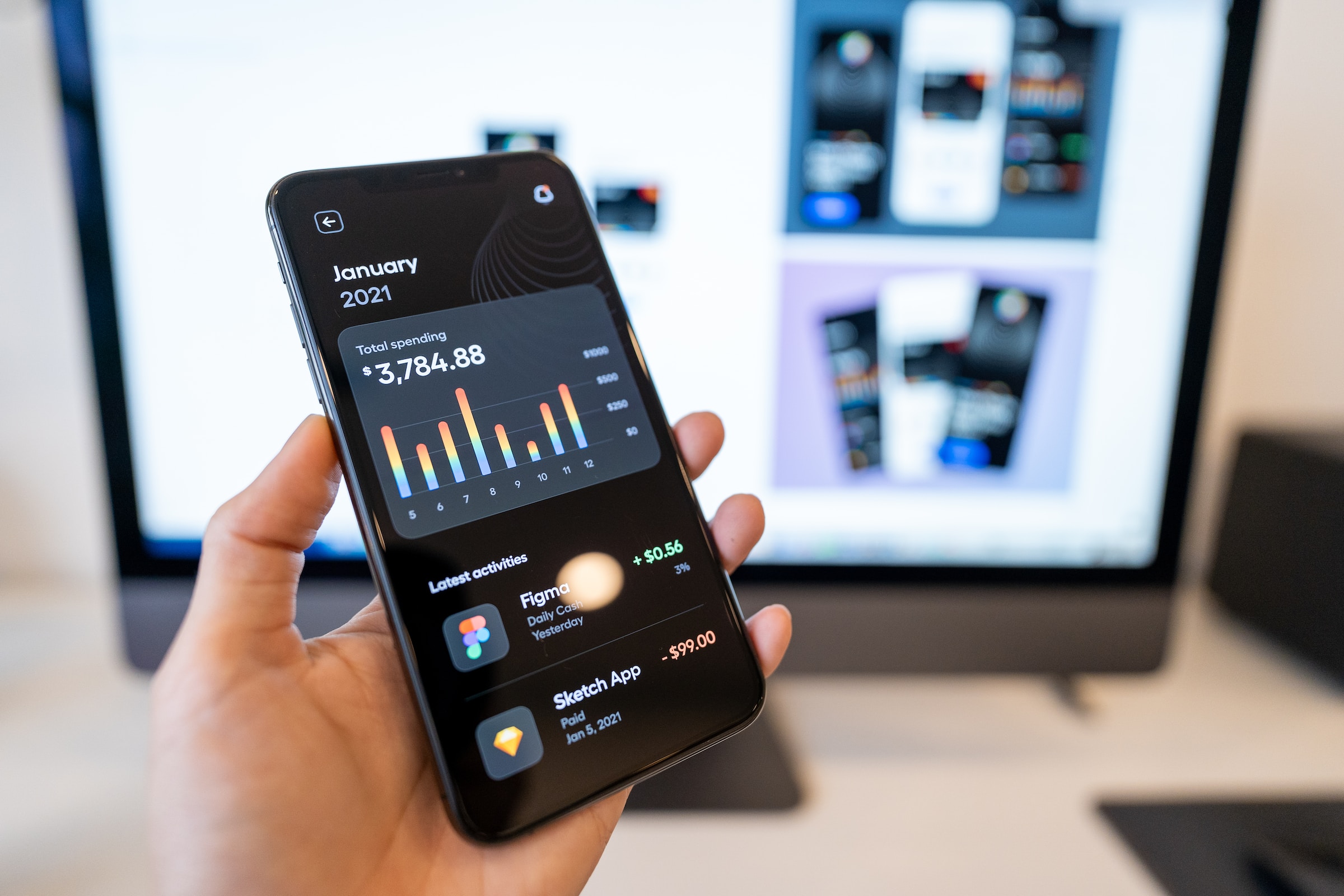Mobile app development can be a worthwhile investment for many small to medium-sized businesses (SMBs), but it is important to carefully consider various factors before deciding to start development. Here is a breakdown of the considerations and potential benefits to help you determine if mobile app development is worth the investment for your SMB:
Considerations:
Business Goals: Assess whether a mobile app aligns with your business goals – is this going to be used for B2B or B2C? Are you looking to enhance customer engagement, improve user experience, increase sales, or offer unique features? In most cases, a web-based app is all you need – but if you need to utilize the mobile device’s hardware capabilities (camera, microphone, pictures, location, etc.) then a mobile app provides superior access to these functions.
Target Audience: Determine if your target audience uses mobile devices frequently and whether they would benefit from a dedicated app. If most of your userbase sits at a desk, then a mobile app probably doesn’t make much sense. Conversely, if your users are “in the field” or not stationary while using your app – seemingly most instances of a B2C, then a mobile app could make a lot of sense.
Market Research: For B2C businesses and a consumer-based app, conduct market research to understand the competition and demand for your app idea. A crowded market might require a more unique and compelling value proposition. This isn’t a non-starter, just make sure you know what else is out there before going all-in.
Budget: Consider the financial resources required for mobile app development, including design, development, testing, and ongoing maintenance.
Resources and Expertise: Assess whether you have the in-house expertise to develop and maintain a mobile app or if you'll need to hire external developers.
Timeframe: Mobile app development can take time, so consider whether your business can wait for the app to be developed and launched.
Platform: Decide whether to develop for iOS, Android, or both. Each platform has its own development and maintenance costs. You can also look into options like React Native, Flutter and Avalonia to build a “cross-platform” app where the same codebase can be used on both iOS and Android. This should cut down on your development/release timeline, which should also decrease overall cost.
User Experience: User experience is crucial for app success – especially in B2C environments. In either case, ensure your app provides a seamless and user-friendly interface. For B2B or internal users, make sure the app truly makes the user’s life easier and more productive. Don’t “have an app” just to “have an app”.
Marketing and Promotion: Developing an app is not enough; you'll also need a strategy for marketing and promoting it to your target audience – assuming your app is meant for external users (B2C or B2B).
Potential Benefits:
Enhanced Customer Engagement: A mobile app can provide a direct and personalized channel to engage with customers, offer promotions, and gather feedback.
Improved User Experience: Apps can offer a smoother and more immersive user experience compared to mobile websites. This can be especially true where an internet connection isn’t present – your mobile app can utilize an “offline” mode to allow for continuous usage. Once an internet connection is available, any data “syncing” can proceed, all without the user knowing.
Brand Loyalty: A well-designed app can contribute to building brand loyalty by offering convenience and value to customers.
Direct Sales Channel: If your business involves selling products or services, an app can serve as a direct sales channel, making transactions more streamlined and convenient.
Push Notifications: Apps can send push notifications to users, allowing you to keep them informed about promotions, updates, and news.
Competitive Advantage: Having a well-designed and functional app can set your business apart from competitors that lack a mobile presence.
In conclusion, mobile app development can be a valuable investment for SMBs that have clear goals, a target audience that uses mobile devices, and the necessary resources for development and maintenance. However, thorough market research, careful planning, and a focus on providing value to users are essential for ensuring that the investment yields the desired results.
Have any questions? Agree or disagree with what we've got here? Let us know
here.
